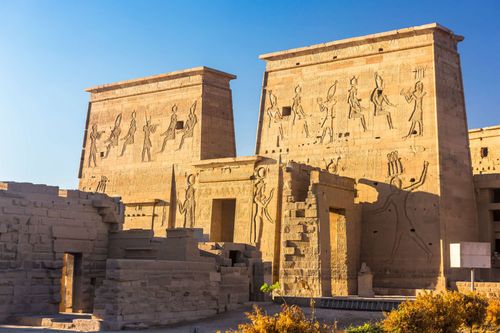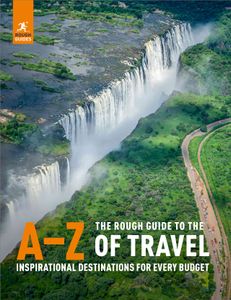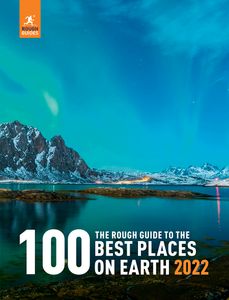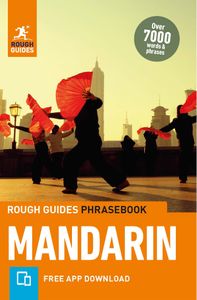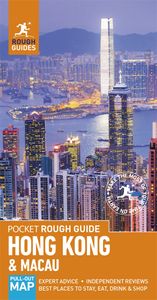Brief history
For more than a thousand years, all trade between China and the West was indirectly carried out overland along the Silk Road through Central Asia. But from the fifteenth century onwards, seafaring European nations started making exploratory voyages around the globe, establishing garrisoned ports along the way and so creating new maritime trade routes over which they had direct control. In 1557 – having already gained toeholds in India (Goa) and the Malay Peninsula (Malacca) – the Portuguese persuaded Chinese officials to rent them a strategically well-placed peninsula at the mouth of the Pearl River Delta, known as Macao. With their trade links with Japan, India and Malaya, the Portuguese found themselves in the profitable position of being sole agents for merchants across a whole swath of East Asia. Given that the Chinese were forbidden from going abroad to trade themselves, and that other foreigners were not permitted to enter Chinese ports, their trade blossomed and Macau grew immensely wealthy. With the traders came Christianity, and among the luxurious homes and churches built during Macau’s brief half-century of prosperity was the basilica of São Paulo, the facade of which can still be seen today.
Decline
By the beginning of the seventeenth century, however, Macau’s fortunes were waning alongside Portugal’s decline as a maritime power, and following the British seizure of Hong Kong in 1841, Macau’s status as a backwater was sealed. Despite the introduction of licensed gambling in 1847, as a means of securing some kind of income, virtually all trade was lost to Hong Kong.
As in Hong Kong, the twentieth century saw wave after wave of immigrants pouring into Macau to escape strife on the mainland – the territory’s population today stands at 540,000 – but, unlike in Hong Kong, this growth was not accompanied by spectacular economic development. Indeed, when the Portuguese attempted to hand Macau back to China during the 1960s and 1970s, they were rebuffed: the gambling, prostitution and organized crime that was Macau’s lifeblood would only be an embarrassment to the Communist government if they had left it alone, yet cleaning it up would have proved too big a financial drain.
Return to China and recovery
By the time China finally accepted the return of the colony in 1999 – as the Macau Special Administrative Region (MSAR) – the mainland had become both richer and more ideologically flexible. A pre-handover spree of violence by Triad gangs was dealt with, then the monopoly on casino licences – previously held by local billionaire Dr Stanley Ho – was ended in 2002, opening up this lucrative market to international competition. Response has been swift, and there are currently 34 casinos in the territory; tourism has boomed alongside and the once-torpid economy is boiling – though an unforeseen embarrassment is that mainland officials have been accused of gambling away billions of yuan of public funds during holidays in the SAR.
Meanwhile, Macau’s government operates along the “One Country, Two Systems” principle, with very little dissent. The reality is that, even more than Hong Kong, Macau desperately needs the mainland for its continuing existence, as it has no resources of its own. To this end, some giant infrastructure projects – including a bridge to Hong Kong – are in the pipeline, as the SAR seeks to tie its economy closer to that of the booming Pearl River Delta area.
Accommodation in Macau
Accommodation is good value in Macau: the money that would get you a dingy box in Hong Kong here provides a clean room with private shower and a window. Still, there are fewer real budget options, and at weekends, holidays and during the Macau Grand Prix (third weekend in November) prices can more than double from those given here. Online deals and agents in Hong Kong such as CTS offer good-value transport and accommodation packages. The densest concentration and variety of hotels is found on the peninsula – especially in the vicinity of Avenida de Almirante Ribeiro – though Taipa, Cotai and Coloane also sport several upmarket resorts. Note that addresses in Macau are written with the number after the name of the street.
Macau food and drink
Places specializing in Macanese food are plentiful, as are Cantonese restaurants, which often serve dim sum for breakfast and lunch, though you’ll find wine on the menus even here. Prices for the typically generous portions are low compared to Hong Kong, with bills even in smart venues rarely exceeding MOP$250 per person, though watch out for little extras such as water, bread and so forth, which can really add to the cost of a meal. A bottle of house red will set you back around MOP$120 in a restaurant. Macau’s nightlife is surprisingly flat, if you don’t count the casinos. Drinking is done in restaurants or in the handful of bars in the “Macau Lan Kwai Fong”, located along the waterfront facing the Porto Exterior, and offering live music and street-side tables.
Macanese food
Macanese cuisine fuses Chinese with Portuguese elements, further overlaid with tastes from Portugal’s Indian and African colonies. Fresh bread, wine and coffee all feature, as well as an array of dishes ranging from caldo verde (vegetable soup) to bacalhau (dried salted cod). Macau’s most interesting Portuguese colonial dish is probably African chicken, a concoction of Goan and East African influences, comprising chicken grilled with peppers and spices. Other things worth trying include Portuguese baked custard tarts (natas), served in many cafés; almond biscuits, formed in a wooden mould and baked in a charcoal oven, which can be bought by weight in many pastellarias, such as Koi Kei, around São Paulo and Rua da Felicidade; and sheets of pressed roast meat, also sold in pastellarias.



